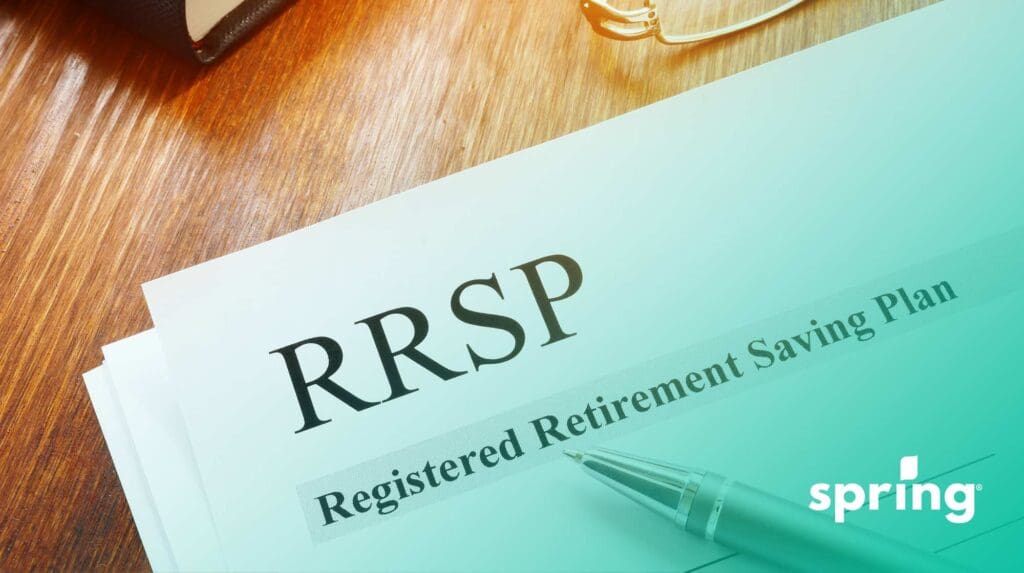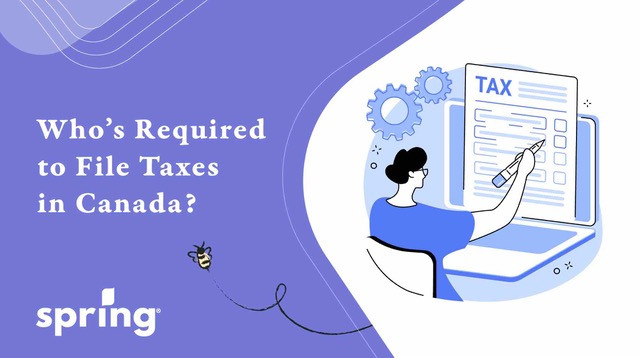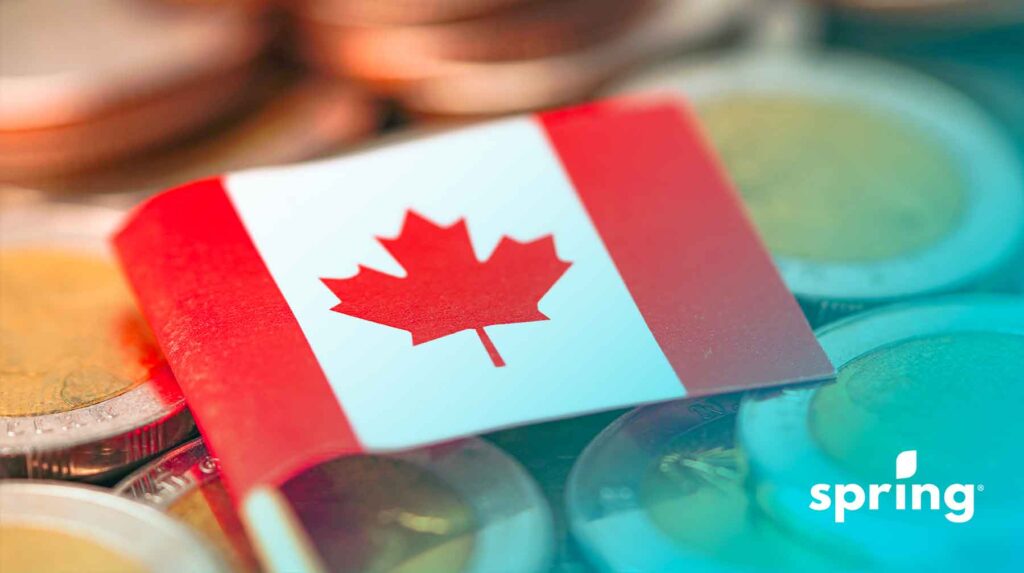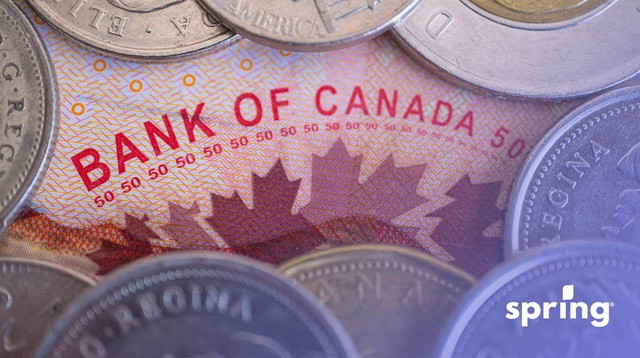But it does take strategy and a few behavioural tweaks to raise your score, especially over the long term. There is no instant fix. If you’re drowning in debt, there’s nothing (short of winning the lottery) that is going to solve your credit score problems overnight.
The key is having realistic, achievable goals that will help your credit score make substantial strides after a few months. We’re going to share some simple and essential strategies to approach these long-view goals with actions you can start right away.
But first, to understand the logic behind our 12 simple strategies, it helps to understand all the factors the credit bureaus look at when calculating your credit score.
How is Your Credit Score Calculated?
A credit score, also referred to as a credit rating, is a numeric value weighing a combination of the following factors:
Payment history: Payment history accounts for a massive 35% of your credit score, and it’s exactly what it sounds like – a history of your debt repayments. Missing one payment will probably lower your score by a few points, but missing multiple payments can be devastating. On the other hand, paying bills on time will help lead to a healthy credit score.
Credit utilization: Credit utilization can be defined as the ratio of your outstanding credit card balance to your limit. In plain speak, it’s the amount of credit you are NOT utilizing on your credit card. This accounts for around 30% of your score.
Credit history: The longer you have credit, and use it responsibly, the better your score will be. If you have little to no history using credit, your score will be on the lower end of the scale. Credit history accounts for about 15% of your credit score.
Credit mix: Your credit mix refers to all the credit accounts you have (or have had) in your name. Examples of credit accounts include credit cards, personal loans, mortgages, and mobile phone accounts. Creditors like to see a well-managed, well-balanced mix of credit accounts.
Inquiries: If a lender or financial institution performs what is known as a “hard check” on your credit report, it may negatively affect your score. A hard check is triggered when you submit an application for finance and a lender requests to see your credit score. Too many hard checks (or inquiries) in a short period of time indicates that you have submitted a lot of finance applications lately—perhaps a sign of mismanaged or overextended finances. This is about 10% of your score.
Public records: If you have a history of bankruptcies, or more commonly, debts being forwarded to collection agents, it will translate to a negative score. This accounts for about 10% of your score.
Your credit score is updated monthly based on these variables. Your score will usually start around 300 when you first establish credit. It can work up to about 900, which is close to credit perfection, but most people are in the middle somewhere around 650-690. According to TransUnion, a score above 650 will usually mean smooth sailing when it comes to applying for a typical loan, while anything under 650 might mean some obstacles.
12 Credit-Building Tips to Improve Your Credit
Fortunately, with the right education, it’s possible for anyone to achieve and maintain a great credit score.
1. Catch up on Past-Due Payments
Your first order of business should be making good on any outstanding payments due. Late or missed payments will damage your score. Pay all your outstanding bills before any further damage occurs.
Remember, your payment history accounts for a whopping 35% of your credit score, so getting your payment schedule back on track will not only prevent your credit score from dropping further, but it will go a long way towards raising your credit score again.
2. Automate Your Bill Payments
This is an easy way to adjust your behaviour so that you don’t forget any due dates and hurt your payment history. Banks and credit unions make it easy to automatically deduct bill payments from your accounts.
No more forgetting or putting off payments till next month. If you simply don’t have the money in your account, try calling your creditor in advance to explain your situation and see if there’s anything they can do for you.
3. Consolidate Your Debt
If you’re starting your journey to better credit, you might want to consider a loan that would consolidate your debts. Servicing one larger debt is easier than trying to manage several separate balances. This could be a huge stress relief and help your credit score along the way because you’ll have a more manageable payment plan.
4. Sign Up for a Credit-Building Program
One of your first steps to quickly improving your credit could be an online credit-building program. With an instalment program, you make small payments that get reported to the credit bureaus, helping you achieve a better credit score (and save money) in just a few months. These programs have a high approval rate, so anybody can access them, regardless of credit history, income or debt.
5. Keep a Low Credit Card Balance
A low balance on your credit card works in your favour because it means low credit utilization. Credit utilization should be below 30% to benefit your credit score. An example of 30% credit utilization would be having a $10,000 limit and no more than a $3,000 balance owing. On the other hand, maxing out all your credit cards is an example of high credit utilization — that’s not good.
6. Consider Increasing Your Credit Limits
Maybe not the best option for someone struggling with impulse spending, but getting a higher limit could help your credit utilization. Remember, this is the credit you are NOT using. A higher limit will mean more unused credit. That could make it easier for you to achieve a desirable credit utilization ratio of 30% or under.
For example, if you only have one credit card with a limit of $1,000 and usually have a balance owing of about $500, your credit utilization is 50% — not ideal for your credit score. But if you increase your limit to $2,000 while maintaining the same balance of $500, your utilization rate would now be 25%.
7. Don’t Cancel Your Credit Cards
It’s tempting to get out the scissors and cut up those cards to battle debt, but it’s actually better to have active credit. Closing accounts will negatively affect your credit history because it might translate to you being unable to handle the credit card. It may seem counterintuitive, but using credit actively and responsibly, with timely payments, will improve your score.
8. Apply for a Secured Credit Card
Secured credit cards are easy-approval, revolving credit products that designed to help raise your credit score. These credit cards usually require a security deposit upfront, but otherwise function exactly like any other credit card. However, like any other credit card, if you max it out and carry a large month-to-month balance, a secured credit card won’t raise your credit score; it will lower your score.
9. Check Your Credit Report for Errors
If someone is going to keep a credit report on you, it’s in your best interest to ensure all the information contained in that report is accurate. Use Borrowell to check your credit report for free and be sure there are no errors negatively affecting your score. Don’t worry, this kind of credit check doesn’t hurt your score.
10. Vary Your Credit Products
Try to keep a good mix of credit – credit cards, personal loans, car loans, etc. – to show creditors you can handle all kinds of borrowing. This is another reason why it’s beneficial to hold on to underused credit cards. You don’t want to diminish a well-balanced credit mix.
11. Be Selective About Credit
While it’s generally quite easy to apply for credit products, especially credit cards, you shouldn’t fill in any more applications than necessary. Multiple credit applications mean multiple hard inquiries in a short period of time from lenders who want to check your credit report. That will be a negative against your score, so try to be selective in choosing credit products that are the most beneficial to your personal finances.
12. Address Old Collection Accounts
If you have any unpaid debts sent to a collection agency, an entry is logged on your credit report. Unsurprisingly, this is considered negative information and will affect your score as such. Try to clear off any collection agency debts and have them removed from your credit report if they are already paid off.









